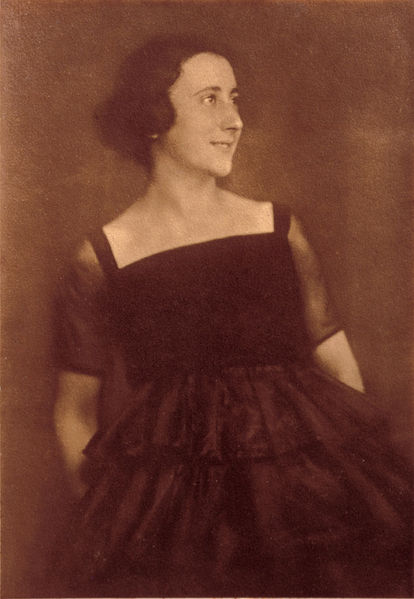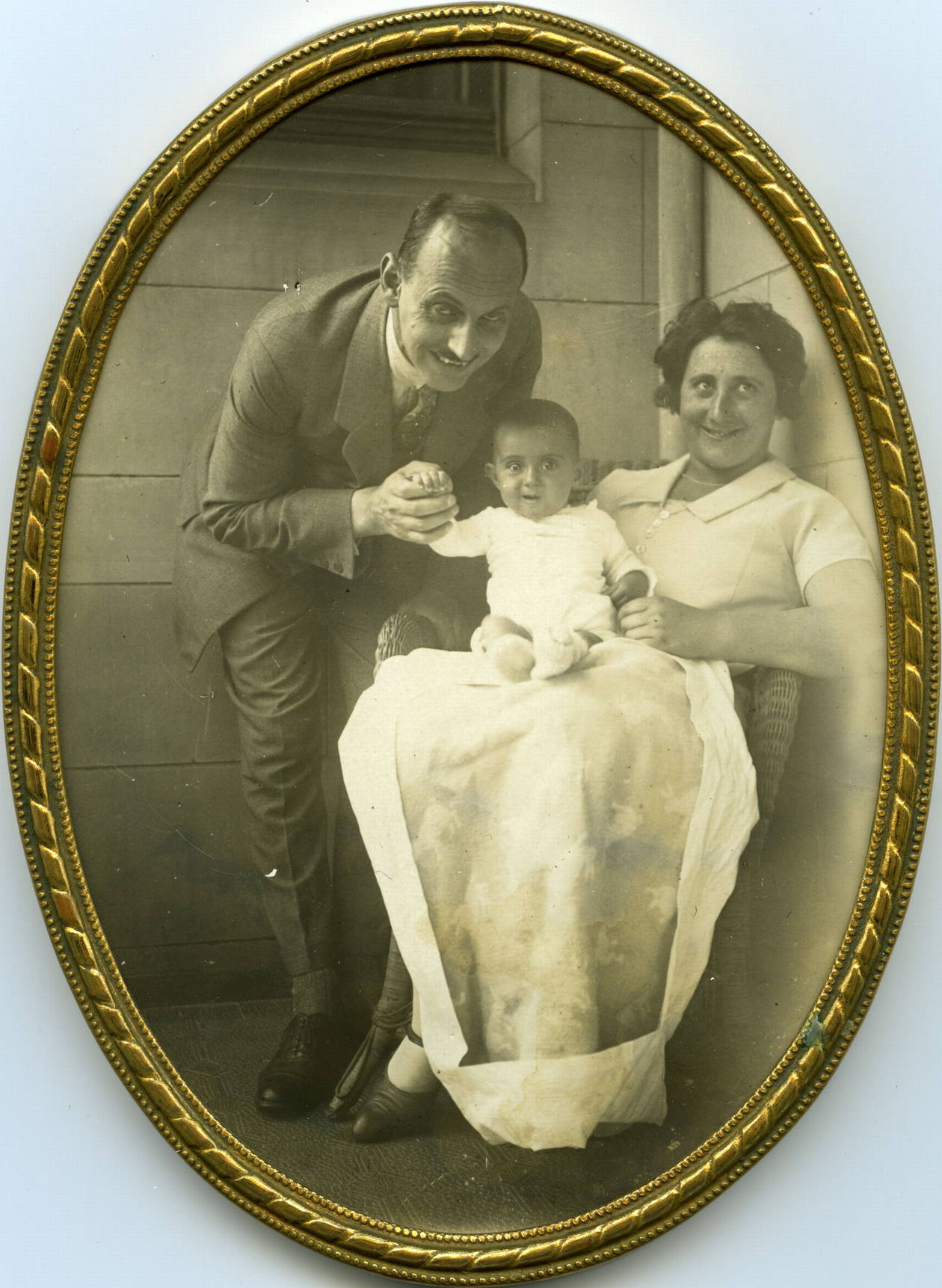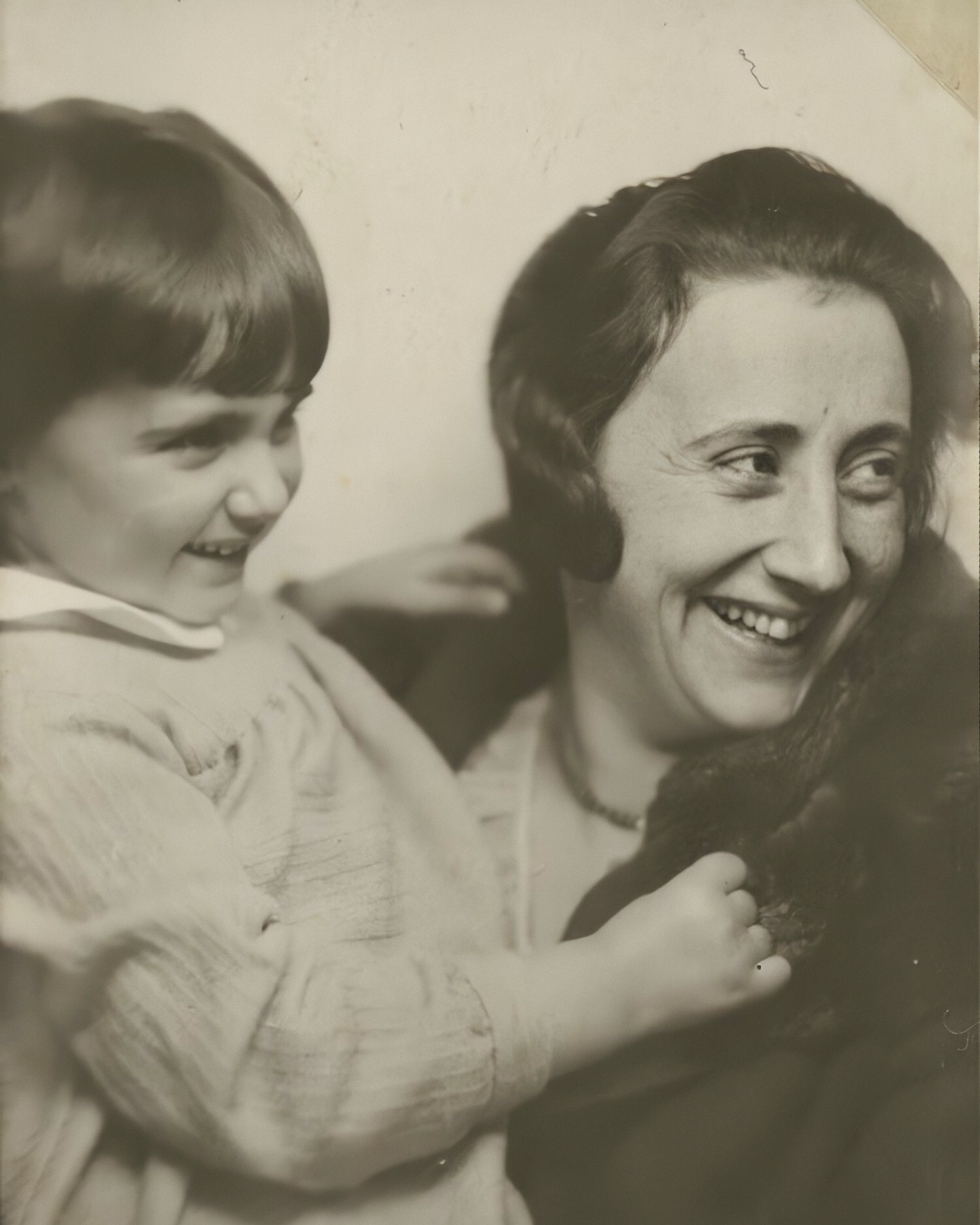The Last Act of a Mother’s Love

In the horrific landscape of Auschwitz-Birkenau, a mother’s love became the final, heartbreaking act of her life. Edith Frank, at just forty-four years old, was left utterly alone after her daughters, Margot and Anne, were selected for transport to Bergen-Belsen. This separation compounded her suffering, and she quickly succumbed to a combination of malnutrition, exhaustion, and fever.
In the sick barracks of the concentration camp, Edith became “a shadow of herself.” The once vibrant mother was now a ghost, unable to eat. Yet, her maternal instincts remained fiercely intact. She would hoard the meager ration of bread she was given, hiding it under her blanket. When asked why she wasn’t eating, she would indicate that the bread was for her daughters and her husband, Otto, a desperate, final act of love for a family she knew she would never see again. Towards the end, she stopped speaking or responding, a silent portrait of a spirit broken by grief.
Edith Frank died on January 7, 1945. Her death was later confirmed to her husband by a fellow prisoner, Rosa de Winter. The scene, as recalled by Rosa, is a devastating testament to Otto’s grief. “Mr Frank did not move when I told him,” Rosa said. “I looked into his face, but he had turned away, and then he made a movement. I no longer remember exactly what it was, but it seems to me he laid his head on the table.”
Edith Frank’s story is a profound reminder that even in the most dehumanizing of places, a mother’s love endures. Her final act of selfless devotion, hoarding bread for her family, is a poignant testament to a love that transcended even the brutal reality of the concentration camp. She died not just from starvation and disease, but from a mother’s grief.
